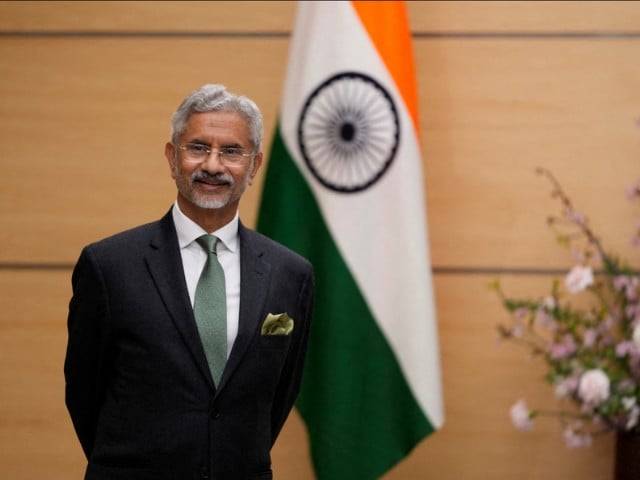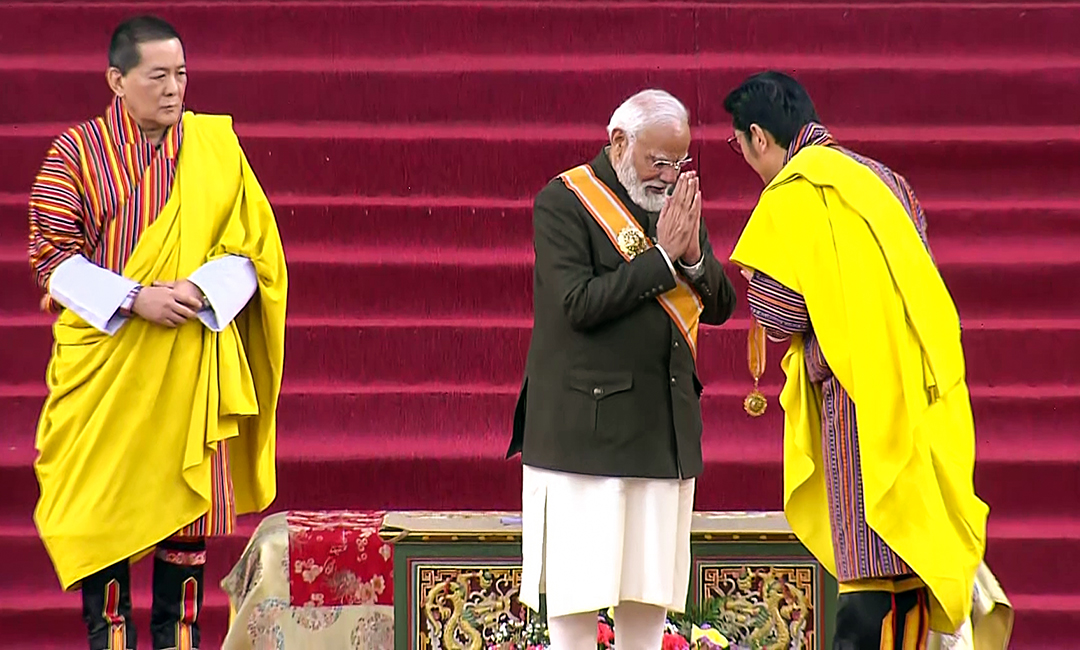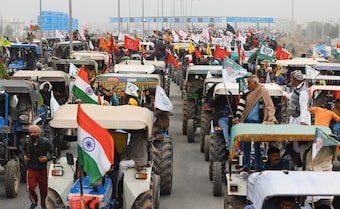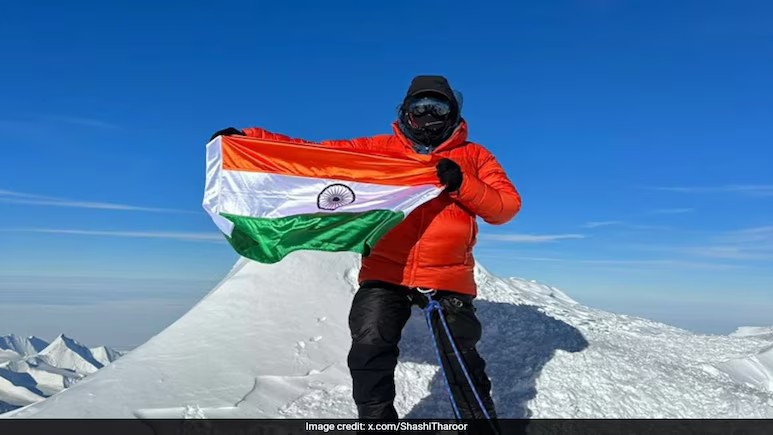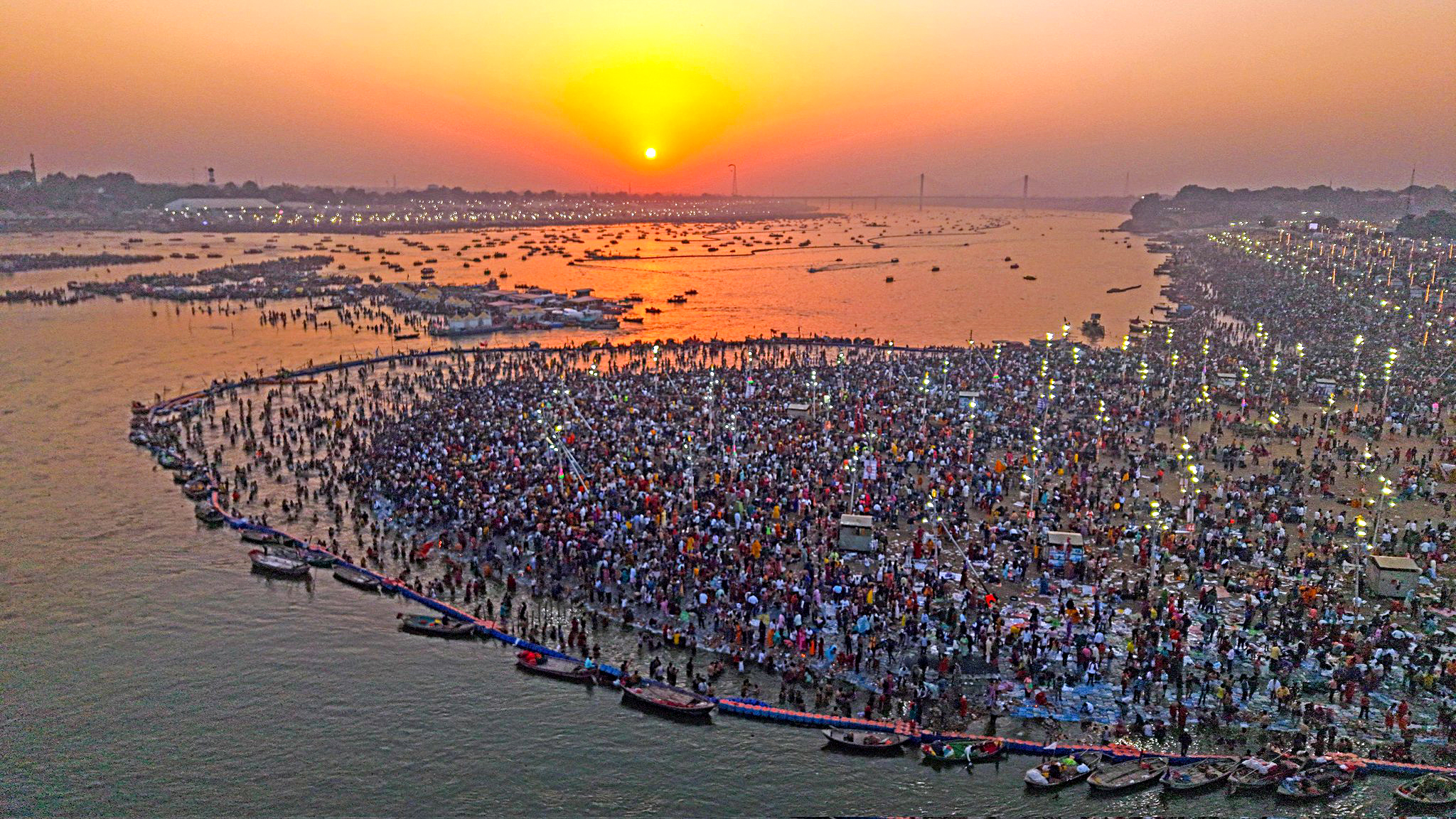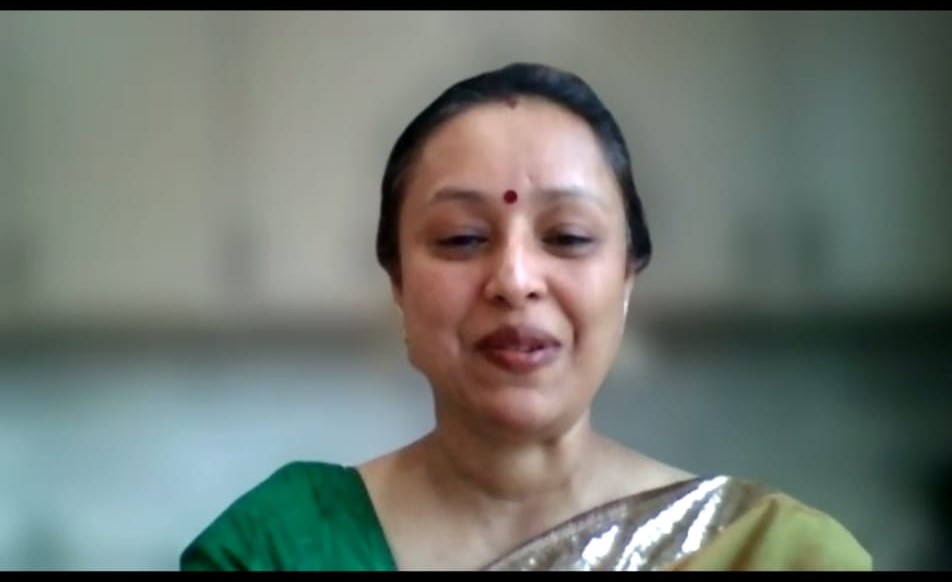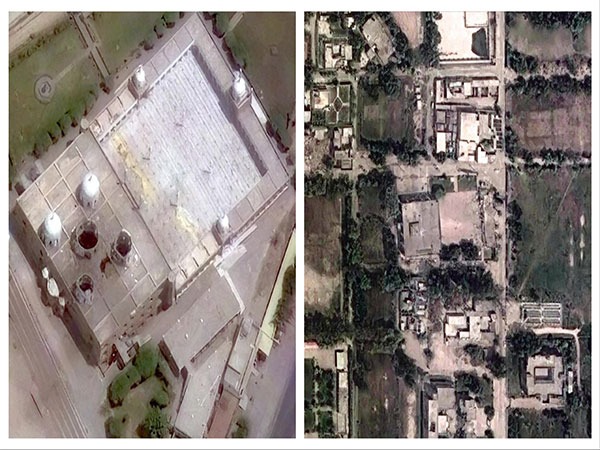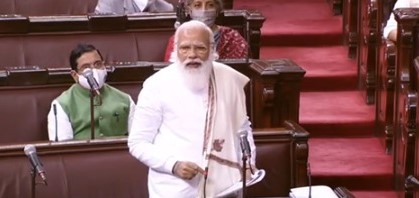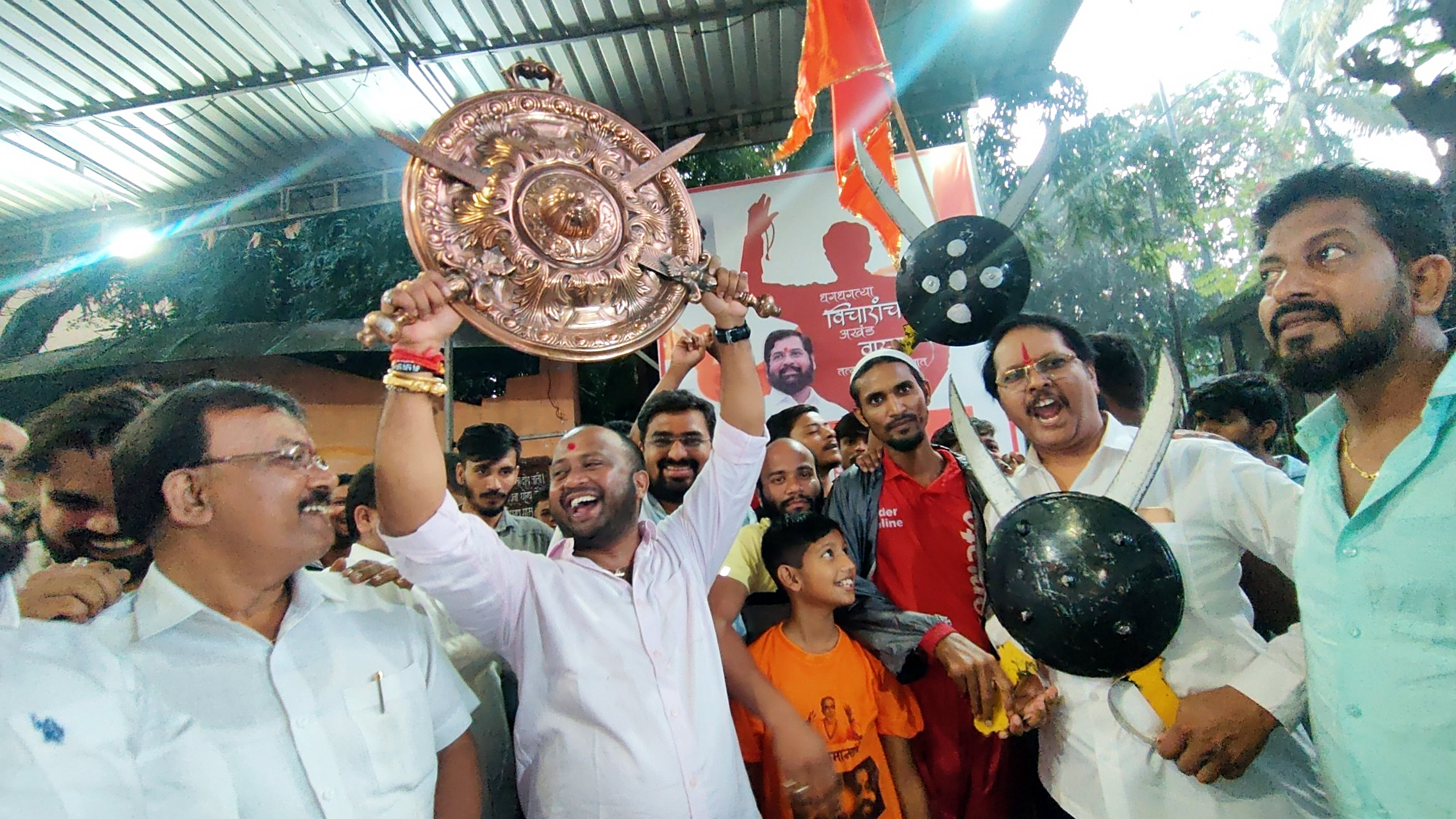Our Bureau
New Delhi
In a significant diplomatic development, India’s External Affairs Minister, S. Jaishankar, is scheduled to visit Pakistan for the first time since 2015. His visit coincides with the upcoming Shanghai Cooperation Organisation (SCO) summit, set to take place on October 15-16, 2024. This marks a pivotal moment in India-Pakistan relations, which have been fraught with tension and conflict over the years.
The relationship between India and Pakistan has been historically complex, characterized by periods of hostility and brief interludes of dialogue. The revocation of Jammu and Kashmir’s special status by India in August 2019 significantly escalated tensions between the two nations. Since then, diplomatic engagement has been minimal, with both countries maintaining a cautious distance from one another.
Jaishankar’s upcoming visit is particularly noteworthy as it represents a shift in the diplomatic landscape. While the minister has made it clear that his primary focus will be on multilateral cooperation during the SCO summit, analysts suggest that this visit could provide an opportunity for informal discussions on pressing bilateral issues.
The SCO is a regional organization that includes China, Russia, and several Central Asian nations, focusing on political, economic, and security cooperation. India and Pakistan have been members since 2017, and the summit presents a platform for discussing regional security concerns, counter-terrorism measures, and economic collaboration.
Jaishankar highlighted that his participation in the summit is not intended as a platform for direct dialogue with Pakistan. He stated, “I am not going there to discuss India-Pakistan relations.” However, this stance does not preclude the possibility of informal interactions or side meetings with Pakistani officials. Experts believe that such encounters could pave the way for future discussions on contentious issues.
Political analysts are cautiously optimistic about Jaishankar’s visit. Some believe that even minimal engagement could serve as a stepping stone toward more comprehensive talks in the future. The prevailing sentiment among experts is that both nations need to address long-standing issues such as cross-border terrorism, trade relations, and water-sharing disputes.
Despite this potential for dialogue, significant challenges remain. The Kashmir issue continues to be a major sticking point between the two nations. Additionally, domestic political pressures in both countries may complicate any attempts at reconciliation. In India, nationalist sentiments often drive public opinion against engaging with Pakistan, while in Pakistan, military influence over foreign policy can hinder diplomatic overtures.
Moreover, regional dynamics play a crucial role in shaping India-Pakistan relations. The evolving geopolitical landscape—especially with China’s growing influence in South Asia—adds another layer of complexity to any potential dialogue.
















